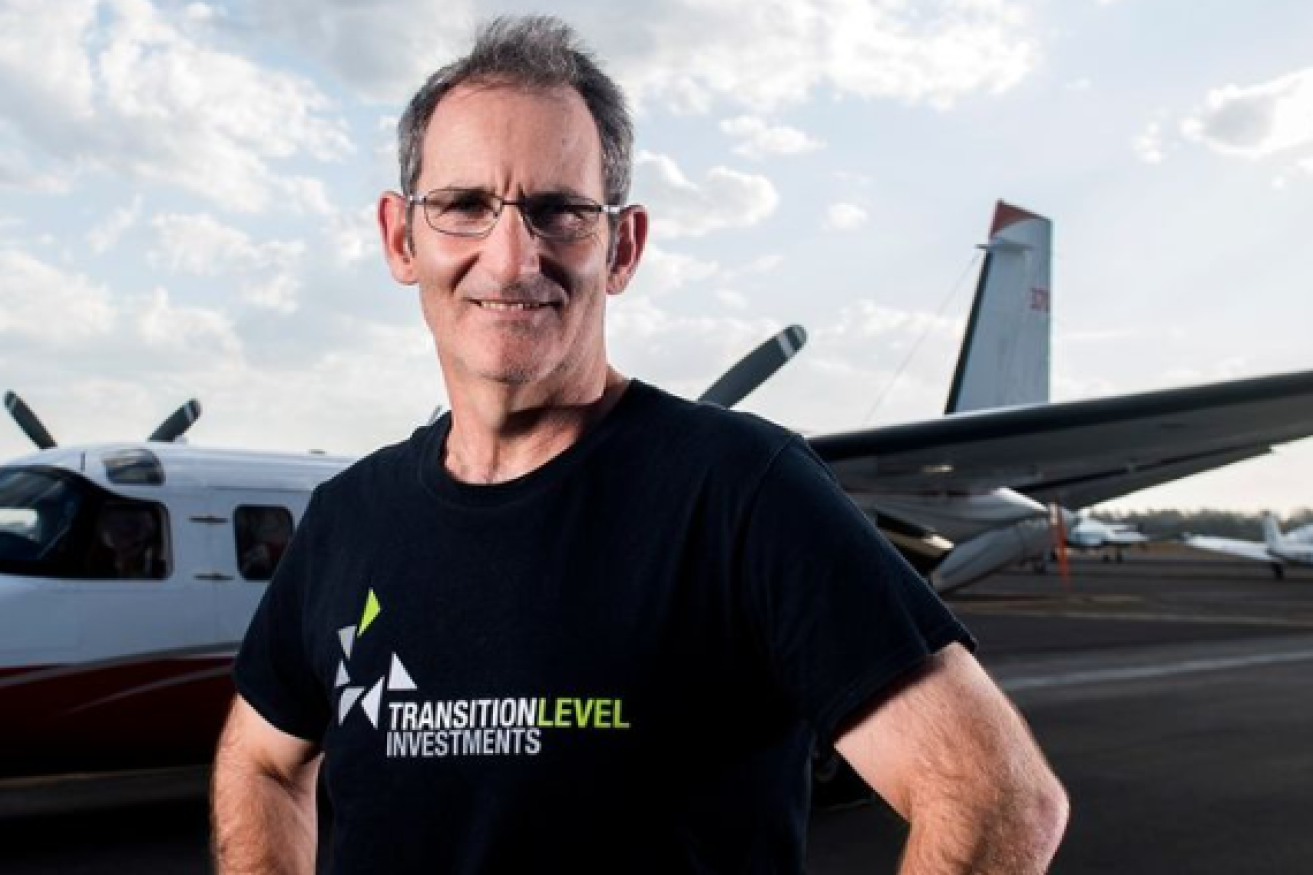Let the private sector’s ‘kaleidoscope of capital” come to our defence: Baxter
Entrepreneur and investor Steve Baxter has called for the Albanese Government to fund Australia’s new defence demands by recreating the tech boom in the sector.


Investor Steve Baxter has turned his attention to defence. Image: supplied.
In a blog Baxter’s new defence investment fund Beaten Zone Ventures said that over the past 10 to 15 years, thanks to generous taxation incentives, a lot of private capital has been spread wide into the tech startup, software centric world.
“This has given us global names like Canva, AirWallex, Immutable, Go1, Safety Culture, LinkTree, Culture Amp, A Cloud Guru, Octopus Deploy, SimPRO and many more,” Beaten Zone said.
“Do we want to really super charge our defence innovation sector ? Unleash private capital, not only as a budget saving but as a better way to understand and deliver on innovation.”
Beaten Zone said the Defence Strategic Review was commendable and pointedly acknowledged the threats in our region, but “it fails to commit to substantially greater funding and inflicts more of the same when it comes to encouraging innovation”.
The review was the biggest overhaul of the defence strategy since World War 2. It would lead to a shift in focus of Australia’s defence efforts on long range capabilities with greater missile and submarine capacity. It also had five main tasks: defence of the nation, deterrence through denial, protection of economic connections, working with regional partners and supporting the rules-based order.
Baxter’s Beaten Zone said the continued centralising of defence innovation, this time in the Advanced Strategic Capabilities Accelerator, was not exactly a new idea, but was likely to remain a gating mechanism that stifled innovation. This approach relies too heavily on individuals accustomed to sluggish outcomes and outdated ways of working.
The Government will put $3.4 billion over the next decade into ASCA to leverage Australian innovation to feed new technology into the defence force.
The six priority areas are listed as: hypersonics, directed energy, trusted autonomy, quantum technology, information warfare and long-range fire capability.
“To think that centralised authority have perfect or even good information to allocate resources to increasing innovation capacity does not appreciate what has previously and is currently working elsewhere,” Beaten Zone said.
“It starts with private capital (with gobs of risk and sweat) from the founders themselves seeing a way forward to building something pretty special (incentivised founders are formidable, the prospect of outsized outcomes is a key feature), then support from angel investors alongside family and friends that continue to back them until early stage money from funds come in to help with growth.
“This kaleidoscope of capital, assistance and experience has proved invaluable. And none of it was centrally allocated by a circle of senior public servants (or military figures) opining on the endeavours of entrepreneurs. The decision making was decentralised through the market, allowing many ideas to form, start, many to fail but the winners to shine.
We need this for defence. We have the tool box to do it as well, one that is proven.”
Defence Minister Richard Marles said uncrewed aerial, land and sea systems would be crucial in the future.
He said Australia needed to be able to position itself to be apart of the development of new technology.
Australia already invests in uncrewed systems, such as the Ghost Bat and Ghost Shark aerial and undersea drones.












